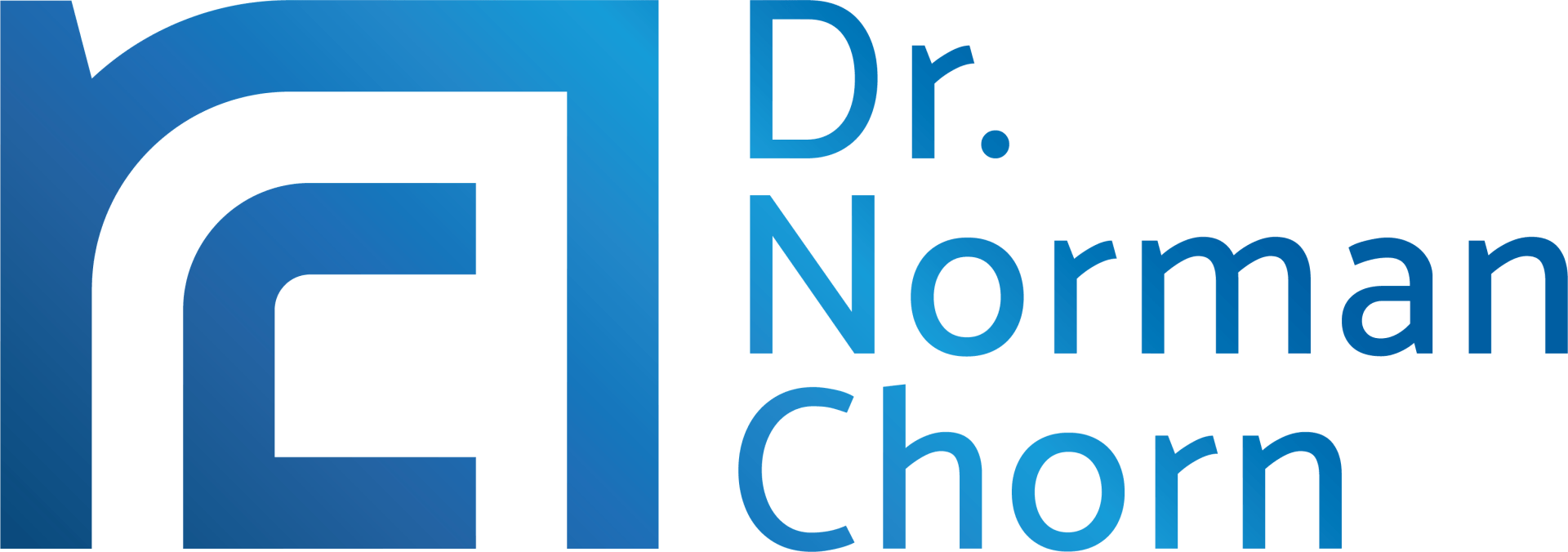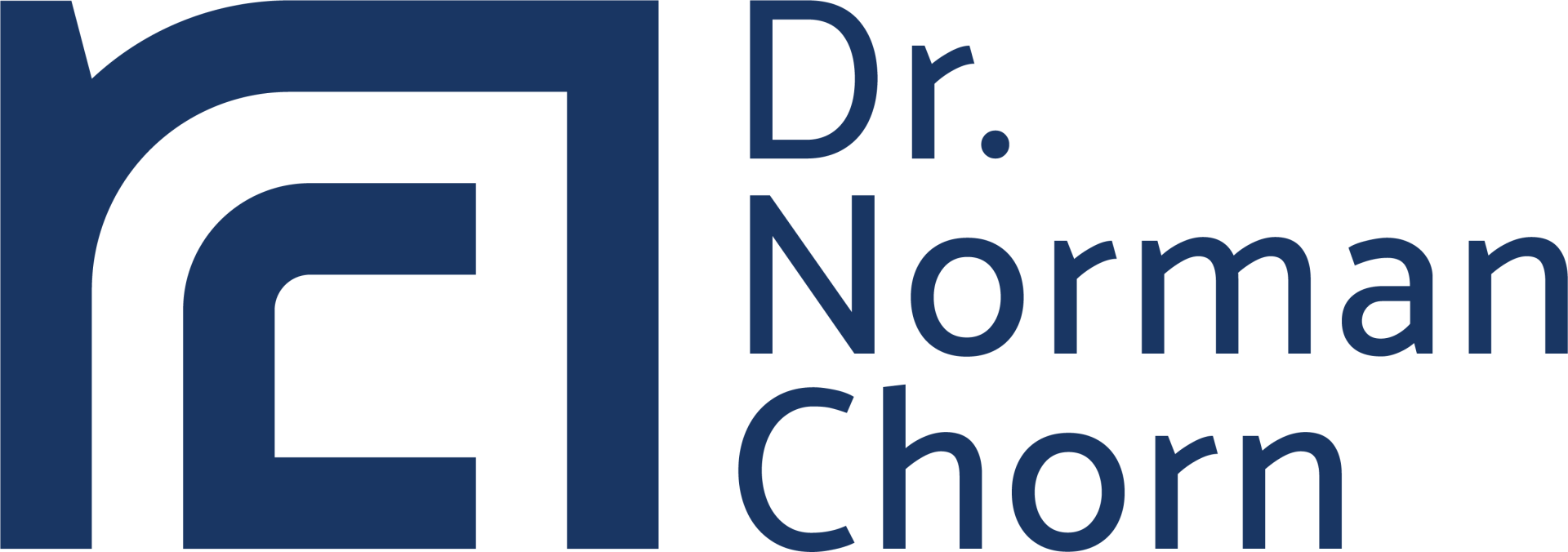We spend a lot of time talking about the processes used in Future Building (like scenario planning and environmental scanning), but I was recently asked by a client “what do I have to do (or be) in order to become a Future Builder?”
I have isolated four key characteristics that seem to characterise people who successfully practice Future Building. I’m sure there must be others, but these are the four that I find most significant:
A growth and learning mindset:
They seem to treat each day as a ‘school day’ and look for lessons to be learned. They readily seek new experiences because they know that they can learn new things from these experiences. And they accept the inherent uncertainly and discomfort that is created by being in a new situation, because they recognise that this is how they can broaden their repertoire of skills.
Prefer people over data:
Interestingly, I observed this by working with some really good market researchers! They obviously understand and respect the data they work with, but they also know that they will only truly gain new insights by immersing themselves in the situation they are researching. So, for example, they will go up close and interact with communities and markets so they can experience first-hand the behaviours and psychology of potential markets. Techniques such as ‘ethnographic research’ are becoming increasingly popular to generate breakthrough insights into markets and customers.
Avoid risky bets:
Future Builders do not appear to be high-risk operators. Instead, they adopt a fairly considered approach and seek to understand something before committing to it. Importantly, they are also not perfectionists who need to cover all the bases before acting. As Matt Church has highlighted, this is often a foil for procrastination and not wanting to subject your work to comment and feedback. They know that feedback is important in forming a well-informed view.
Rational optimists:
This seems somewhat contradictory, but Future Builders understand that rational optimism is not simply the opposite of pessimism. Instead, rational optimists have an understanding of the whole system of which they are part. They understand the possible leverage points and what can be achieved. It is a recognition of both strength and weakness; an interest in building the best as well as repairing the worst; and a concern for finding self fulfillment as well as serving the community. Rational optimists are realists, but their defining point of difference is that they don’t give up on themselves.
So, this is where I’ve got up to. What do you think are the key characteristics of Future Builders? I’d be keen to hear your views.
Subscribe to our regular articles, insights and thought leadership




